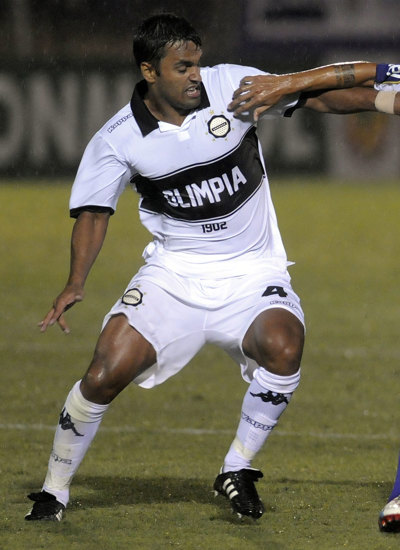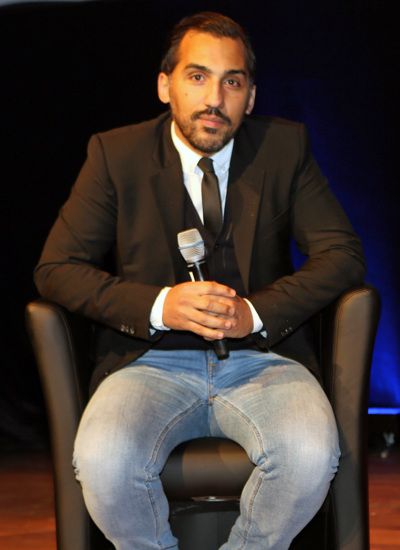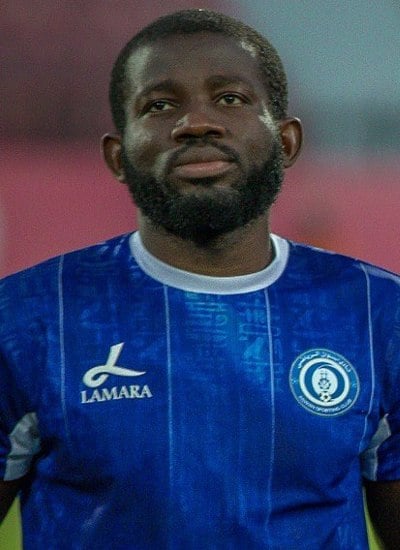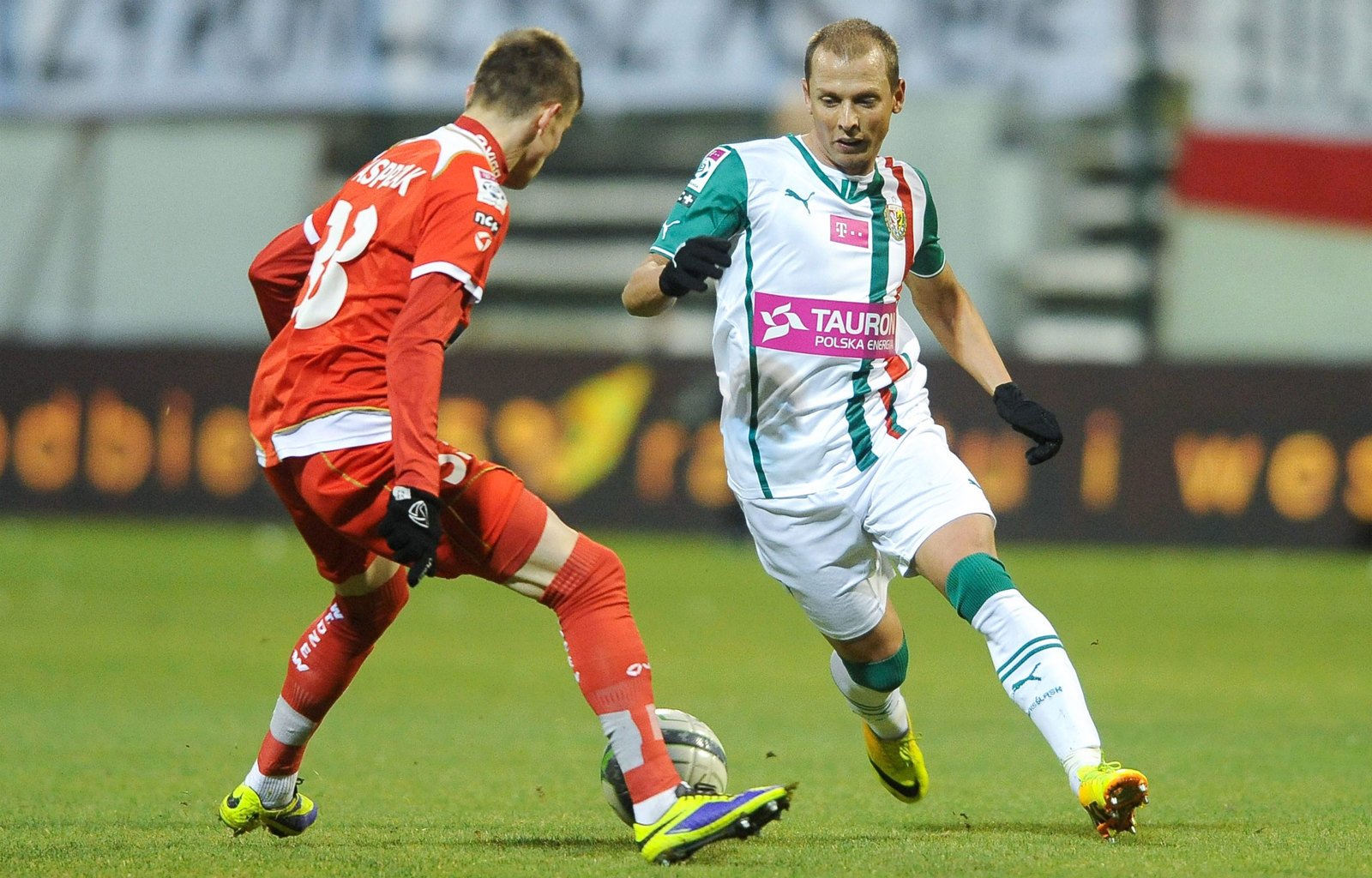
How it unfolded
The story began on 28 August 2014 in Wroclaw when the then 29-year old Plaku was told to accept a pay cut for the remainder of his contract. Because the player refused, the club demoted him to the second team. He was subsequently:
- Ordered to participate in individual training “to get back to his normal sporting level”;
- Ordered to train three times a day, leaving his house at 6:45 AM and returning home after 9:30 PM;
- Not paid his full salary for August, September, November and December;
- Ordered to train every single day during the 2014/2015 winter break when the other players were off;
- Disciplinary fined for almost 20,000 EUR in total.
Plaku did not accept this treatment and decided to terminate his contract with Slask Wroclaw in January 2015.
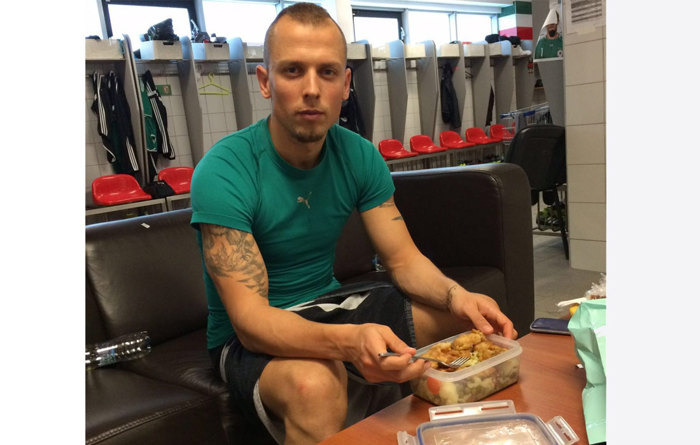
Decision: victory after extra time
Plaku’s case was finally heard by the CAS in 2016. It concluded that the footballer presented convincing evidence of the abusive treatment he had endured, adding that it had “no doubts in determining whether the player had just cause to terminate” his contract.
CAS ordered Wroclaw to pay Plaku 5,000 Swiss Francs as a contribution towards the expenses the player made for the arbitration proceedings. In addition, the arbitration committee of the Polish FA had to decide on a compensation package for the player. The Polish FA arranged that Plaku received all salaries he was owed plus interest.
Why is this verdict so important?
The CAS decision confirmed that training alone and all other forms of bullying and harassment by clubs to force players to amend or terminate their contracts are unacceptable. FIFPRO is of the opinion that players deserve better protection, while clubs found guilty should suffer serious consequences.
Since 2016 the Plaku case has reduced the extent to which clubs and federations allow harassment with a view to forcing footballers into changing contract terms.
Dejan Stefanovic, then a FIFPRO Board Member and also President of Slovenian player union SPINS said Plaku’s case was not unique: “I admire Sebino Plaku's perseverance, but there have been many more identical cases, among others at Polish clubs, which never ended up in front of a court. Bullying and harassment of players must stop in football. It is a cancer in the game.”
PLAKU’S NEXT STEPS
Sebino Plaku returned to Albania, where he played for a number of clubs before joining Kosovo club KF Llapi in 2019.
Top photo: Sebino Plaku playing for Slask Wroclaw (photo Hollandse Hoogte)
